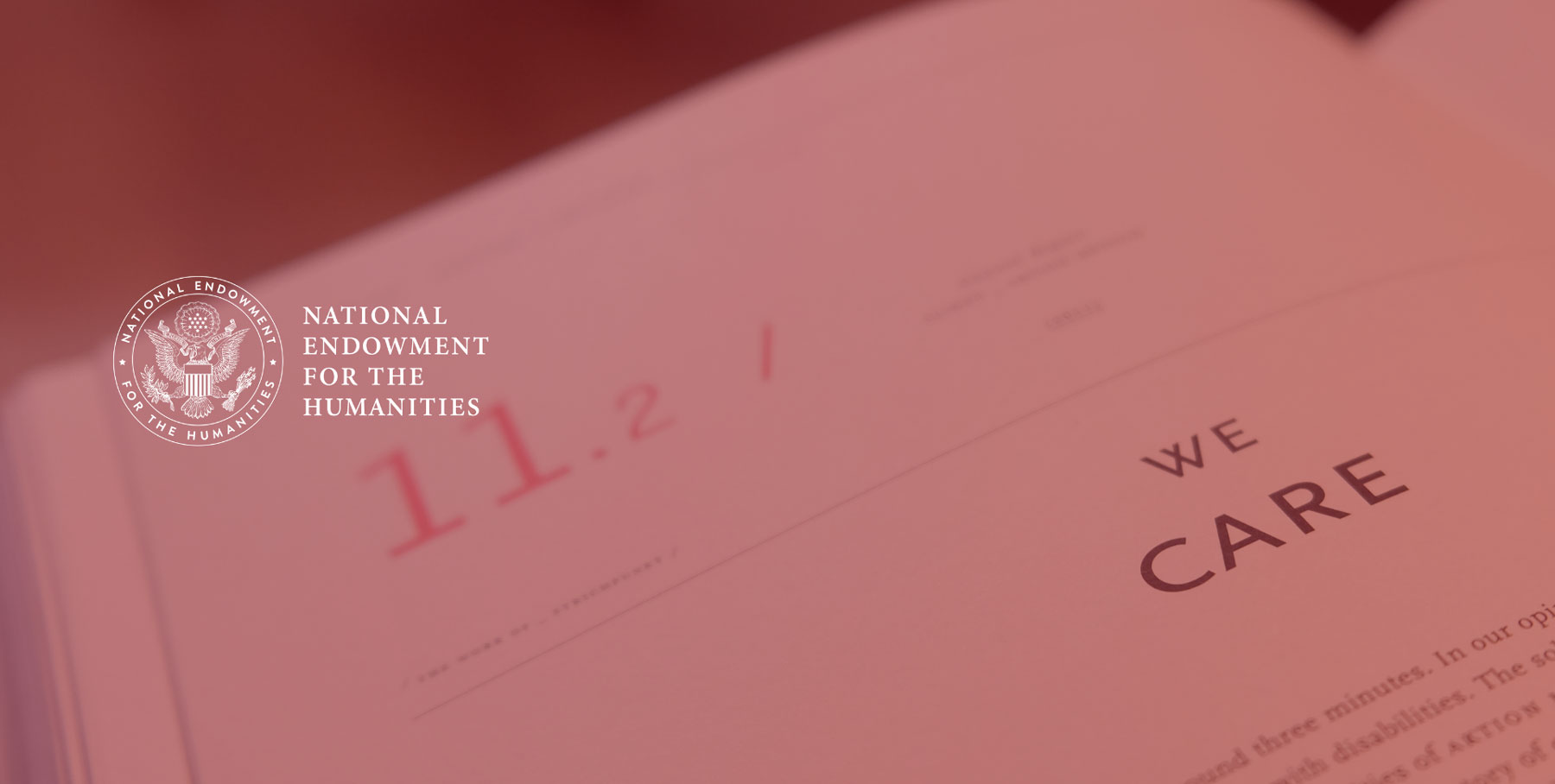Faculty
Directors
Elizabeth Brake is a Professor of Philosophy at Rice University. She is also Editor-in-Chief of the Journal of Applied Philosophy. She has held visiting Fellowships at the Murphy Institute at Tulane, the University of Warwick Institute for Advanced Study, and the University of Colorado at Boulder Center for Values and Social Policy. She holds a PhD in Philosophy from the University of St. Andrews.
Brake’s research is primarily in feminist ethics and political philosophy. Her book, Minimizing Marriage: Marriage, Morality, and the Law, develops a radical proposal for marriage law reform. She has published in journals such as Ethics, Journal of Moral Philosophy, Ethical Theory and Moral Practice, Social Theory and Practice, Kantian Review, and Politics, Philosophy, and Economics. She is currently working on two new projects: one on the state’s role in disaster response, and one on bad behavior in relationships.
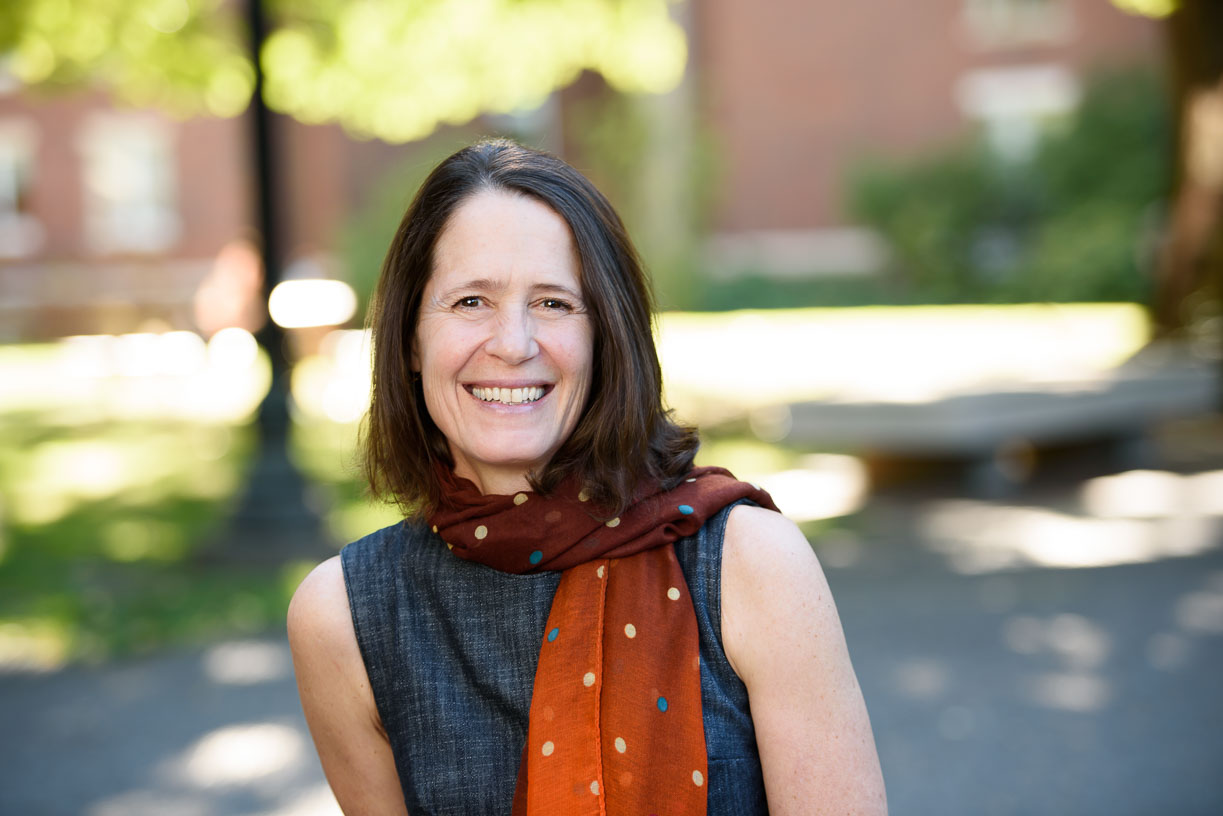
Tamara Metz is an Associate Dean of the Faculty, and Associate Professor of Political Science and Humanities at Reed College. She is the author of Untying the Knot: Marriage, the State and the Case for Their Divorce (Princeton University Press, 2010), co-editor of Justice, Politics, and the Family (Paradigm Press, 2014) and has published work in various edited volumes and journals including Contemporary Political Theory, Politics & Gender, Social Theory and Practice, Journal of Politics, The Encyclopedia of Political Thought, and The Nation.
Visiting Faculty

Asha Bhandary is Associate Professor in the Department of Philosophy at the University of Iowa. A political philosopher and feminist ethicist, she is author of the monograph Freedom to Care: Liberalism, Dependency Care, and Culture (2020), several articles on liberalism, care, culture, race, and bioethics, and co-editor of Caring for Liberalism (forthcoming 2021). Her new project is a monograph preliminarily titled Being at Home, which further develops the theory of liberal dependency care to address the bodily implications of racist microaggressions and intersectional caregiving expectations.

Stephanie Coontz is Director of Research and Public Education at the Council on Contemporary Families. A Professor Emerita at The Evergreen State College in Olympia, WA, she has authored seven books on marriage and family life, including A Strange Stirring: ‘The Feminine Mystique’ and American Women at the Down of the 1960s, The Way We Never Were: American Families and the Nostalgia Trap (revised and expanded edition, 2016), and Marriage, A History: How Love Conquered Marriage, which was cited in the US Supreme Court decision on marriage equality. She also edited American Families: A Multicultural Reader.
A former Woodrow Wilson Fellow, Coontz has also taught at Kobe University in Japan and the University of Hawaii at Hilo. Recent awards include The Stanley Cohen Distinguished Research Award from the Association of Family and Conciliation Courts, the Work-Life Legacy Award from the Families and Work Instituten and an honorary doctorate from Muhlenberg College. She has also received the Council on Contemporary Families first-ever (and only) "Visionary Leadership" Award and the Dale Richmond Award from the American Academy of Pediatrics for her "outstanding contributions to the field of child development." More information on Stephanie can be found at www.stephaniecoontz.com.
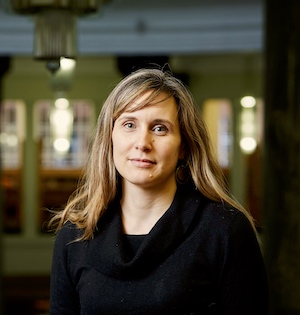
Amelia DeFalco is Associate Professor of Medical Humanities in the School of English, University of Leeds. Her current research project investigates representations of caregiving by animals, inhuman creatures and technology in literature, film, and television. She is Co-I of the Wellcome Collaborative Project “Imagining Technology for Disability Futures” (https://itdfproject.org/) and PI of the Arts and Humanities Research Council project “Imagining Posthuman Care.” Her publications include, Imagining Care: Responsibility, Dependency, and Canadian Literature (University of Toronto Press 2016), Uncanny Subjects: Aging in Contemporary Narrative (Ohio State University Press 2010), and essays on aging, care, disability and the posthuman.

Maxine Eichner is the Graham Kenan Distinguished Professor of Law at UNC School of Law. She writes on issues at the intersection of law and political theory, focusing particularly on families, social welfare law and policy, gender, and the relationship among the family, the workplace, and market forces. She is the author of two books, The Free-Market Family: How the Market Crushed the American Dream (and How It Can Be Restored) (OUP 2020) and The Supportive State: Families, Government, and America’s Political Ideals (Oxford, 2010), as well as an editor of Family Law: Cases, Text, Problems (eds. Ellman et. al., Lexis, 2014), a lead author of the families chapter of the International Panel on Social Progress, and has written many law review articles. She is a member of the American Law Institute and an advisor of The Restatement of the Law: Children and the Law project.
Daniel Engster is a Professor of Political Theory and Ethics and the Director of the Elizabeth D. Rockwell Center on Ethics and Leadership at the Hobby School of Public Affairs. He is the author of The Heart of Justice: Care Ethics and Political Theory (Oxford University Press, 2007) and Justice, Care, and the Welfare State (Oxford University Press, 2015), and co-editor (with T. Metz) of Justice, Politics, and the Family (Routledge, 2013) and (with M. Hamington) of Care Ethics and Political Theory (Oxford University Press, 2015). He is currently working on a project on relational politics.
Tera W. Hunter is the Edwards Professor of American History and Professor of African-American Studies at Princeton University. She is a scholar of labor, gender, race, and Southern history. Her most recent book is Bound in Wedlock: Slave and Free Black Marriage in the Nineteenth Century (The Belknap Press of Harvard University Press, 2017). The book is the winner of the Stone Book Award, Museum of African American History; Mary Nickliss Prize, Organization of American Historians; Joan Kelly Memorial Prize and the Littleton-Griswold Prize, American Historical Association; Willie Lee Rose Book Award, Southern Association of Women’s Historians; and the Deep South Book Prize, from the Frances S. Sumersell Center for the Study of the South. It was also a finalist for the Lincoln Prize, Gettysburg College and the Gilder Lehrman Institute. To Joy My Freedom: Southern Black Women’s Lives and Labors After the Civil War (Harvard University Press, 1997), won multiple awards as well. She co-edited, with Sandra Gunning and Michele Mitchell, Dialogues of Dispersal: Gender, Sexuality and African Diasporas (Blackwell Publishing, 2004) and with Joe W. Trotter and Earl Lewis, African American Urban Studies: Perspectives from the Colonial Period to the Present (Palgrave Macmillan, 2004). She has been a fellow at the Huntington Library, the National Humanities Center, and the Radcliffe Institute for Advanced Study at Harvard University. She has engaged in public history projects as a consultant for museum exhibitions and documentary films and worked with public school teachers. She has written for the Times Literary Supplement, New York Times, Essence, TheRoot.com, Washington Post, Christian Science Monitor, and others. A native of Miami, Florida, she received a B.A. from Duke University and a Ph.D. from Yale University.

Eva Feder Kittay is Distinguished Professor Emerita of Philosophy at Stony Brook University/SUNY. Her
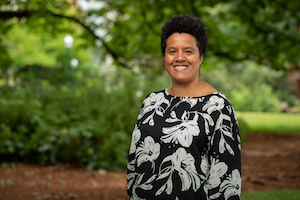
Camisha Russell is an Assistant Professor in the Department of Philosophy at the University of Oregon and a Co-Editor of Hypatia: A Journal of Feminist Philosophy. Her primary research and teaching interests are in Critical Philosophy of Race, Feminist Philosophy, and Bioethics. Her first book, The Assisted Reproduction of Race was published by Indiana University Press in 2018). Other recent publications include “Rights-holders or refugees? Do gay men need reproductive justice?" in Reproductive Biomedicine & Society Online (2018), a chapter on Eugenics in The Routledge Companion to the Philosophy of Race (2017), "Questions of Race in Bioethics: Deceit, Disregard, Disparity, and the Work of Decentering" in Philosophy Compass (2016) and "The Race Idea in Reproductive Technologies: Beyond Epistemic Scientism and Technological Mastery" in the Journal of Bioethical Inquiry (2015).
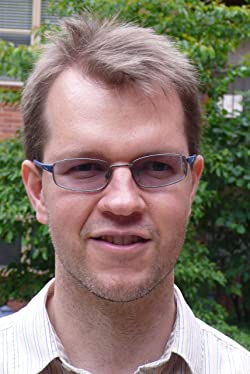
Alex Sager is Chair of the Department of Philosophy at Portland State University. His work in the philosophy of migration includes Against Borders: Why the World Needs Free Movement of People (Rowen and Littlefield, 2020), Toward a Cosmopolitan Ethics of Mobility: The Migrant's-Eye View of the World (Palgrave, 2018), and the edited collected The Ethics and Politics of Immigration (Rowman and Littlefield, 2016).
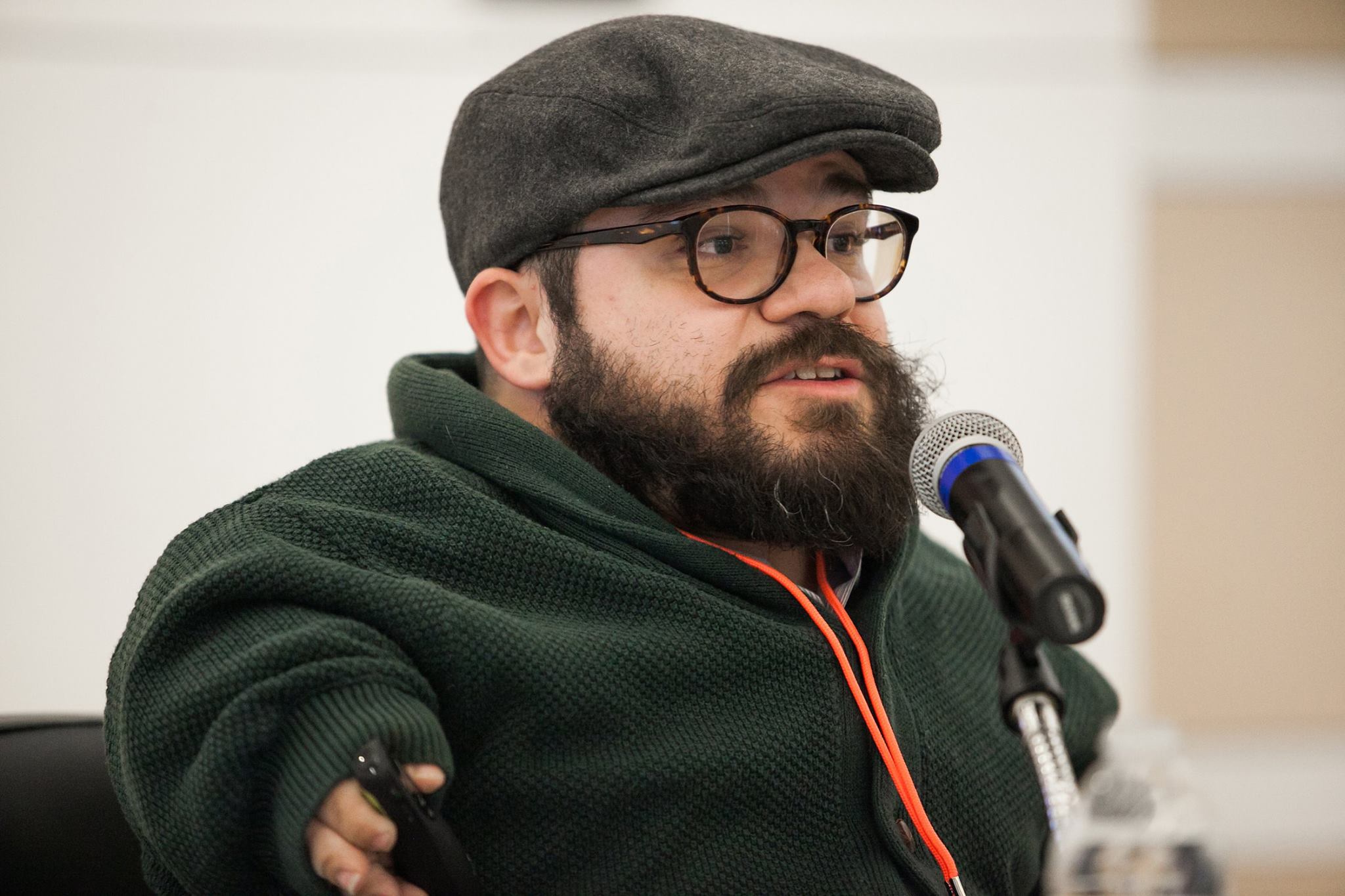
Dr. Joseph Stramondo (he/him/his) is an Associate Professor of Philosophy and director of the Institute for Ethics and Public Affairs at San Diego State University. In addition, for the 22-23 Academic Year, Dr. Stramondo will hold the Hubert Mader Visiting Professorship in Bioethics at the Albert Gnaegi Center for Healthcare Ethics at Saint Louis University. His research focuses on the intersection of biomedical ethics and philosophy of disability. Namely, he is concerned with how bioethics can be reframed by centering the lived experiences of disability as a crucial source of moral knowledge that should guide clinical practice, biomedical research, and health policy. He has published scholarship on topics ranging from informed consent procedures to reproductive ethics to pandemic triage protocols to assistive neurotechnology. His work appears or is forthcoming in venues such as The Hastings Center Report, Ethical Theory and Moral Practice, Utilitas, Social Theory and Practice, the Kennedy Institute for Ethics Journal, Theoretical Medicine and Bioethics, The International Journal of Feminist Approaches to Bioethics, Social Philosophy Today, and several scholarly book collections. He is devoting most of his present research effort to developing a book manuscript that is tentatively titled The Ethics of Choosing Disability.

Allison Weir is a Canadian social and political philosopher who researches and writes about critical theories of freedom, identity and power, feminisms and gender, Indigenous philosophies, decolonizing theories, global care chains, and theories of intersections of gender, race, class, and religion. She is currently a Visiting Scholar at the Centre for Ethics at the University of Toronto. Allison Weir co-founded the Institute for Social Justice in Sydney, Australia, where she was Research Professor and Director of the Doctoral Program in Social Political Thought, until the Institute closed in late 2018. Before moving to Australia she held a tenured professorship in Philosophy and in Women and Gender Studies at Wilfrid Laurier University in Canada. She has held visiting positions at Concordia University in Montreal, the New School in New York, the University of Dundee, Scotland, and the University of Frankfurt, Germany. Her book, Decolonizing Freedom, will be published by Oxford University Press in 2021. She is the author of Identities and Freedom (Oxford) and Sacrificial Logics (Routledge), as well as many articles in books and journals including Hypatia: An International Journal of Feminist Philosophy, Constellations: An International Journal of Critical and Democratic Theory, Philosophy and Social Criticism, Philosophical Topics, and Critical Horizons.
